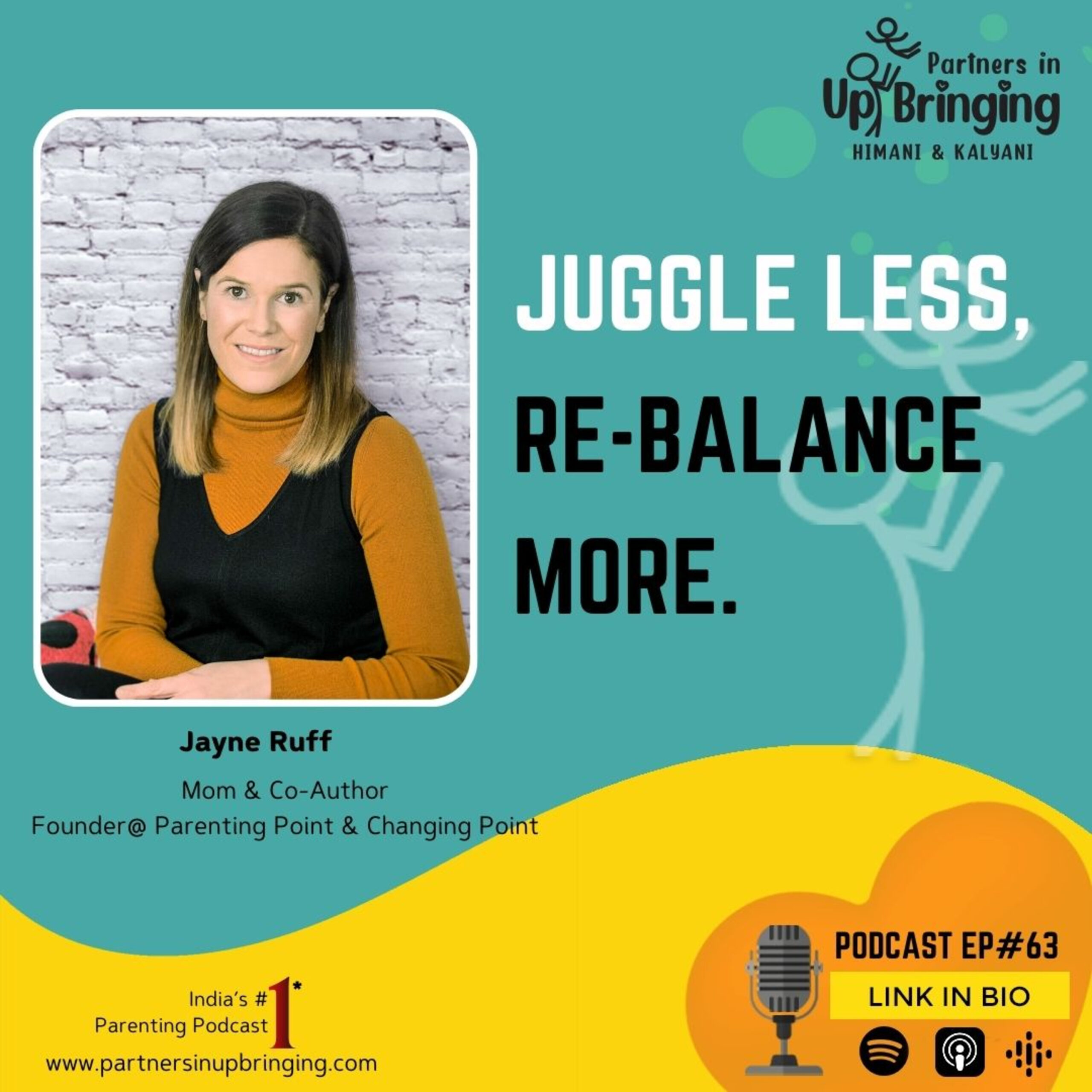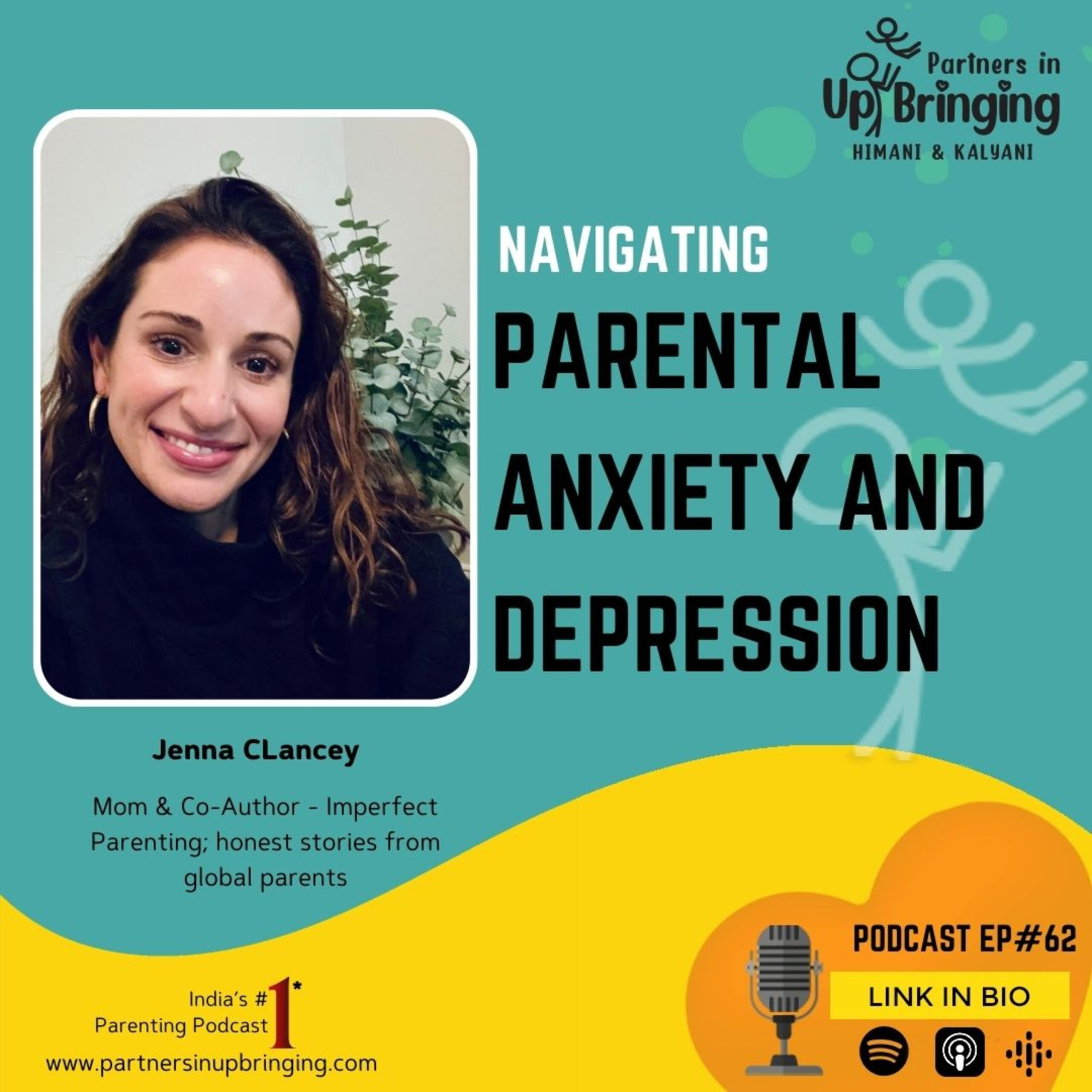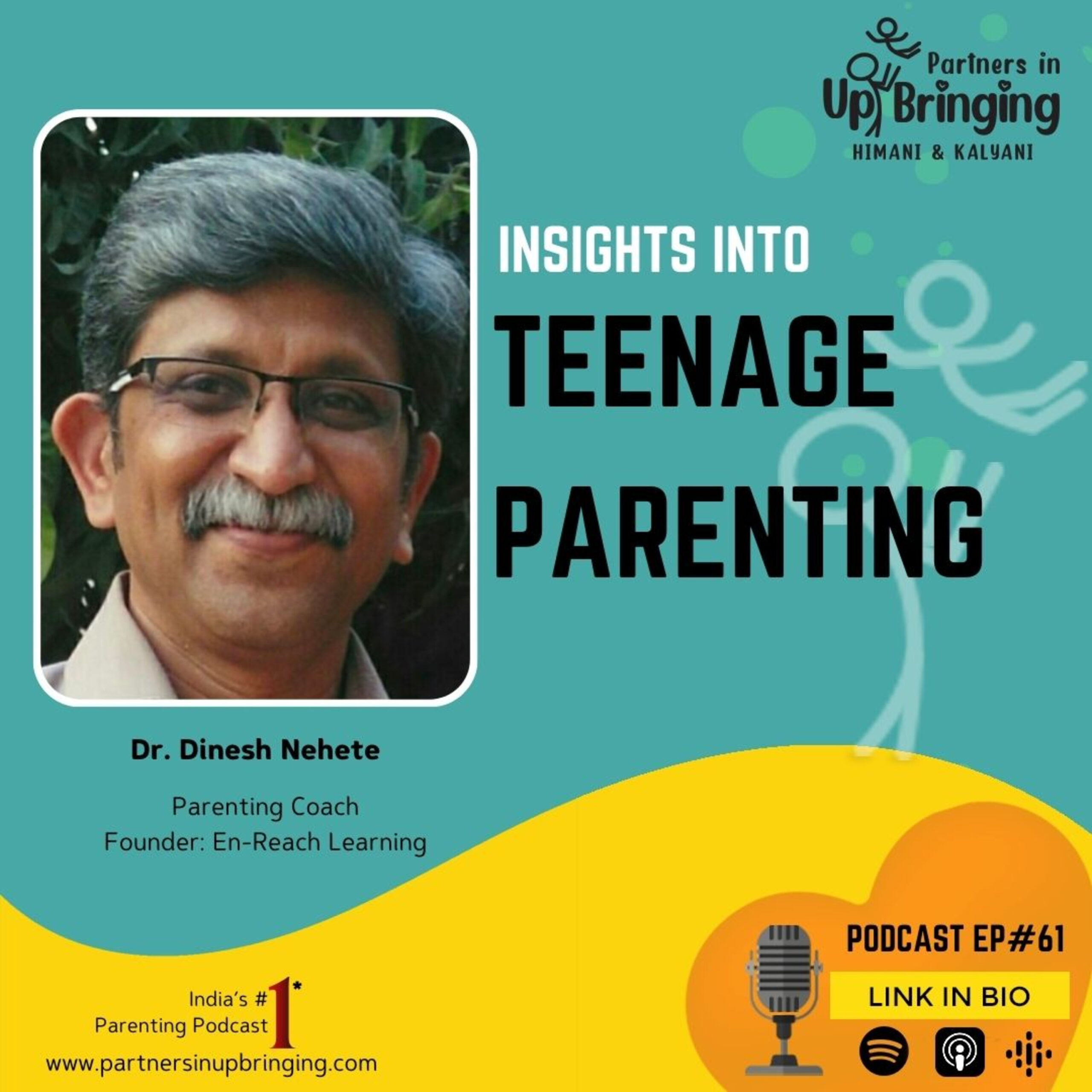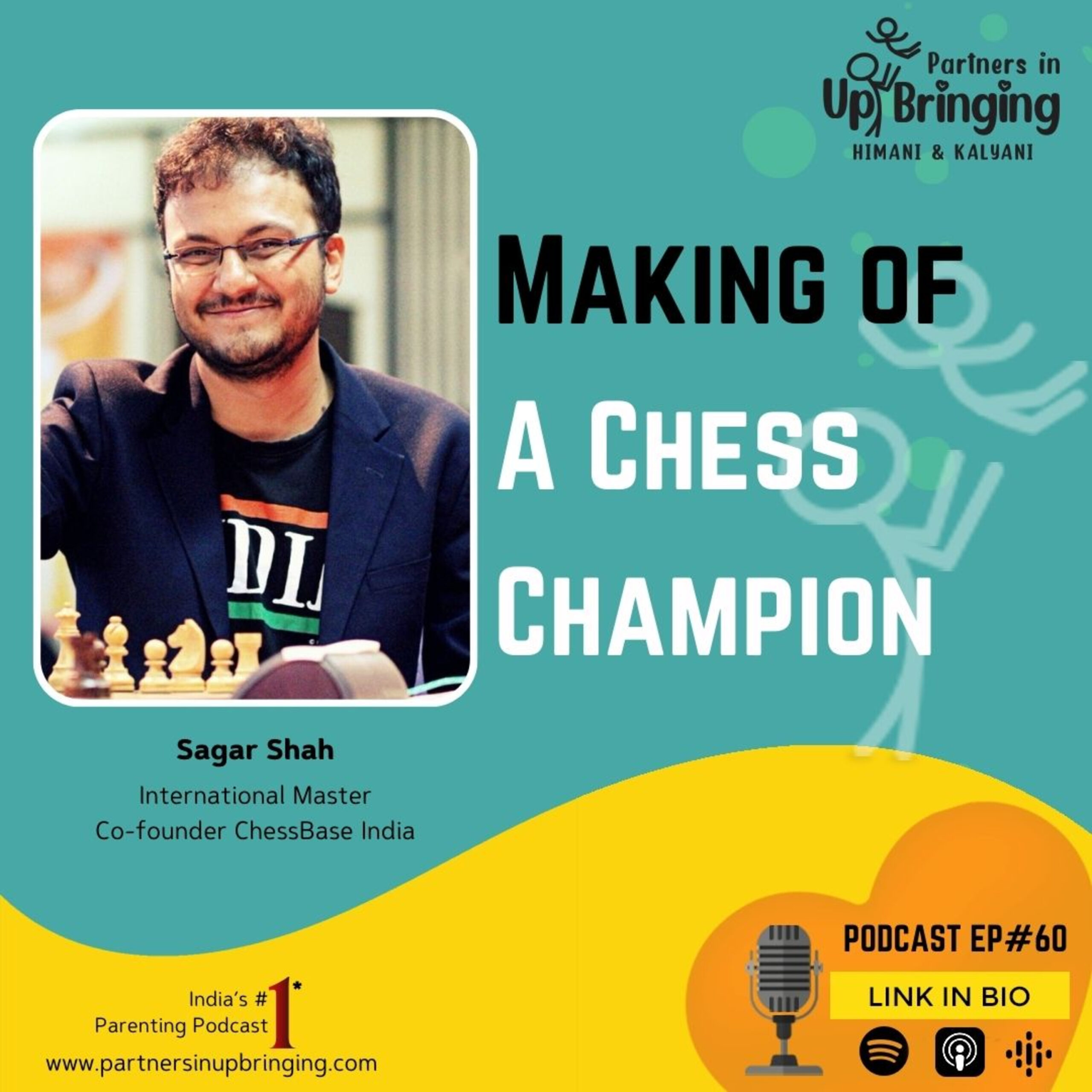Patriarchy: ‘a system of society or government in which the father or eldest male is head of the family and descent is reckoned through the male line.’ According to Dr Greda Lerner (Professor of History at the University of Wisconsin), “Patriarchy has gone through many forms, and is an institutionalised pattern of male dominance in society.” Fiji is no stranger to patriarchy. Fiji is a male-dominated society, and Fijian families are characterised by strong male domination through patriarchal culture (Chattier, 2015).The country hosts a mixed economy that includes a variety of freedoms. Though Fijian and Indo Fijian societies are culturally different, both societies are traditionally patriarchal. Gender roles are clearly divided and social expectations dictate that Indo Fijian women are to be subordinate to their husbands / partners.
Financially and socially, women are often in vulnerable and disadvantaged positions. In relationships, it is men who are more dominant, making women vulnerable to the established tradition of men exerting power over women (Rotunda et al., 2004). It is the status quo for the men to have dominant positions – be it in the home or wider society. A woman who shares her opinion may be deemed as ‘out of line’ and in need of' ‘controlling.’
In patriarchal societies, the cultural ideology constructs women as submissive, self-sacrificing, nurturing, docile, and socially dependent and modest (Abraham, 2002). It is the women who are expected to serve tea to the men when they come home from work, the men are not expected to serve tea to the women when they come home from work. If guests come over, it is the women who are expected to serve them. Cooking and cleaning are not gendered chores. My opinion is a result of my upbringing. I have grown up in a household where the men in my family pick up after themselves, they cook without being asked and the women are not running to serve the men tea as soon as they come home. Despite this, I am still a victim of conditioning. I cannot specifically say how and when this conditioning happened but it is there. Admittedly, I have an inherent expectation for men to be dominant. I expect them to be more robust, to assert their ‘manliness’. I am not surprised when I hear a hushed story about a man asserting his dominance. It is simply what men do. It is the ‘boy will be boys’ attitude that is prevalent in most if not all societies. The microaggressions are ignored and dismissed as typical behaviours that are expected of men which leads to violence and attitudes that do not help victims.
According to the United Nations, 30% of women worldwide experience some form of violence, usually by an intimate partner. The figure is double that in Fiji. 64% of women in Fiji have experienced abuse. Shamima Ali - the coordinator of the Fiji Women’s Crisis Centre (FWCC) says ‘the root cause for violence is a pervasive culture of patriarchy and entrenched attitudes across Fiji in which women are viewed as second class citizens.’ She adds that the reverence for religion in Fiji is also used to oppress women.
While Fiji does have a robust feminist movement, the battle is ongoing. Nalini Singh of Fiji Women’s Rights Movement (FWRM), says a long-term solution is needed to address the root cause of gender-based violence – patriarchal attitudes – and encourage men to change their attitudes and behaviour.
While Fiji does have progressive domestic violence legislation that ensures that authorities will investigate even if the woman withdraws the case or if there is a reconciliation, Ali says: “These legislations do work in many cases; but they also don’t work due to the attitudes of the implementers. There’s a lot of talk saying the right things but how it actually plays out in the system – the courts, police stations and medical services – is very different and does not often protect women.”
Tradition is not an excuse for patriarchy.
By Aaisha Khan - Global Indian Correspondent Oceania
Read more about patriarchy:
https://journals.sagepub.com/doi/10.1177/0020872818775474
Read up more on stats:
-------------------------------










